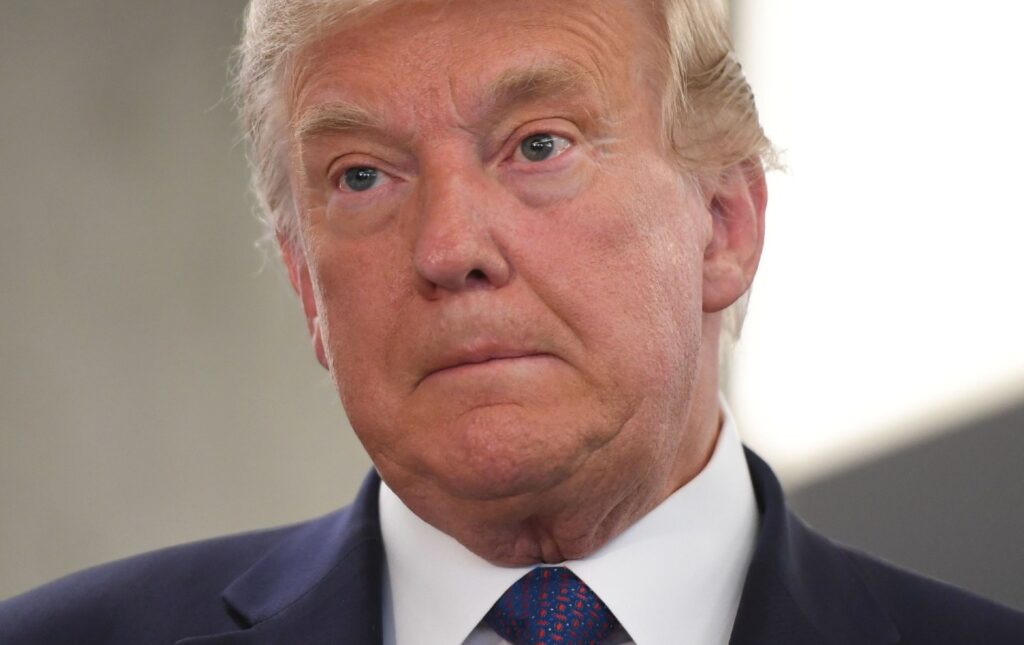
US District Judge Aileen Cannon today indicated a potential delay to the trial start date in the Mar-a-Lago classified documents case, previously set for mid-December by federal prosecutors. The case involves former President Donald Trump, who has been charged with the willful retention of national defense information.
Judge Cannon flagged the prosecutors’ timeline as “compressed” and indicated that such cases often require an extended time frame. However, a firm trial date is yet to be decided, with the judge promising a “prompt” order on the matter.
The initial hearing, held in Fort Pierce, Florida, saw the appearance of both the Special Counsel Jack Smith’s team and Trump’s lawyers. This marked the first interaction of both parties in front of Judge Cannon, who presides over the case.
Trump’s defense attorney argued that the public perception of the case, as the top 2024 contender squaring off against the administration of his chief political rival, could compromise the fairness of the trial. Prosecutor David Harbach, however, refuted such claims, emphasizing the impartiality of the case and its detachment from political influence.
Judge Cannon, while acknowledging other reasons for a potential trial delay, seemed unconvinced by the argument that Trump’s potential candidacy could necessitate a delay until after the election. She further advised the defense to focus on the case’s legal complexities rather than Trump’s political standing.
The classified documents case arose from the alleged refusal by the former president to return certain government documents after his term in office. These are currently under review by the prosecutors. An extensive pre-trial process is expected due to the case’s sensitivity and complexity, with possible delays caused by the defense’s review of the discovery evidence.
The hearing on Tuesday was part of the procedures established by the Classified Information Procedures Act (CIPA). This procedure is typically mundane and focuses on scheduling the pre-trial steps according to the Act’s guidelines. CIPA’s procedures balance the government’s interest in protecting classified information with the rights of the defendant to a fair trial.
The pre-trial process continues, with defense and prosecution at odds over various procedural matters. The defense team has claimed that the prosecutors’ timeline for resolving pre-trial disputes over classified materials is “unrealistic”, suggesting a delay until after the 2024 election as a possible strategy.
With Judge Cannon’s comments on the “voluminous” discovery in the case, it seems increasingly likely that the trial could not start by the mid-December date proposed by the prosecutors.
The Trump legal team continues to express concerns about the classified nature of the documents and the potential for sensitive information to be kept from the public view, fueling further debates about the scheduling and pre-trial steps.
As the first federal prosecution of a former president, the case is already attracting national attention. The following days are expected to provide more clarity on the potential timeline and process of the case.

Be First to Comment